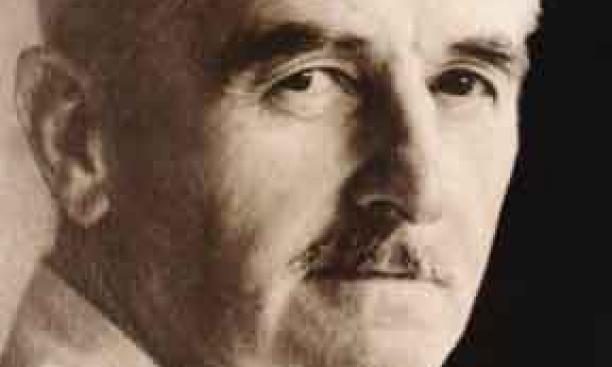

 New book: Becoming Faulkner: The Art and Life of William Faulkner, by Philip Weinstein ’62 (Oxford University Press)
New book: Becoming Faulkner: The Art and Life of William Faulkner, by Philip Weinstein ’62 (Oxford University Press)
The author: A leading authority on Southern writer William Faulkner (who penned such novels as The Sound and the Fury, As I Lay Dying, and Absalom, Absalom!), Weinstein has written three other books either centered on Faulkner or featuring him, including Faulkner's Subject: A Cosmos No One Owns (1992) and What Else But Love? The Ordeal of Race in Faulkner and Morrison (1996). Weinstein is an English professor at Swarthmore College.
The book: Faulkner would not have wanted his life put under the microscope. He once rebuked his biographer Malcolm Cowley by writing, "It is my aim, and every effort bent, that the sum and history of my life ... shall be ... He made the books and he died." Weinstein pays that sentiment no matter as his biography explores the relationship between the writer's troubled life and the problems Faulkner conveyed in his fiction. Weinstein examines his failed elopement with and later broken marriage to Estelle Oldham, his bouts with depression and alcoholism, and the effects his great-grandfather -- a Civil War hero who may have fathered a child with a black slave -- had on the writer, who fabricated heroic service in World War I and opposed the civil rights movement.
From the prologue: "I approach the great novels as the bonfire that it took his stumbling and off-balance life to make possible. After all, the fundamental reason we write (and read) biography is that its subject produced work of great magnitude. We want to know in what generative soil that work was rooted. We want to know about the man's life -- the sticks and branches that make it up -- but mainly in the service of a larger desire: how does such magnificent work come out of this particular life?
"That question guides my book. ... Exploring the turbulence that marked his life, I seek to do justice to the ways in which the feel and texture of his great novels -- their enabling assumptions and tortuous procedures -- reprise and unforgettably transform such turbulence. The measure of my success can only be the extent to which my work inspires you to go to the novels themselves."
Reviews: Library Journal Review called Becoming Faulkner a "rich work" and noted that Weinstein "acknowledges that although Faulkner would have protested this glimpse into his tormented private world, he also would have recognized the portrait as true. What more can one ask of a biographer?" By Katherine Federici Greenwood
(Author photo by Penny Weinstein)
Read about more Princeton authors on The Weekly Blog and view a complete list of works by alumni, faculty, and students at PAW online.
